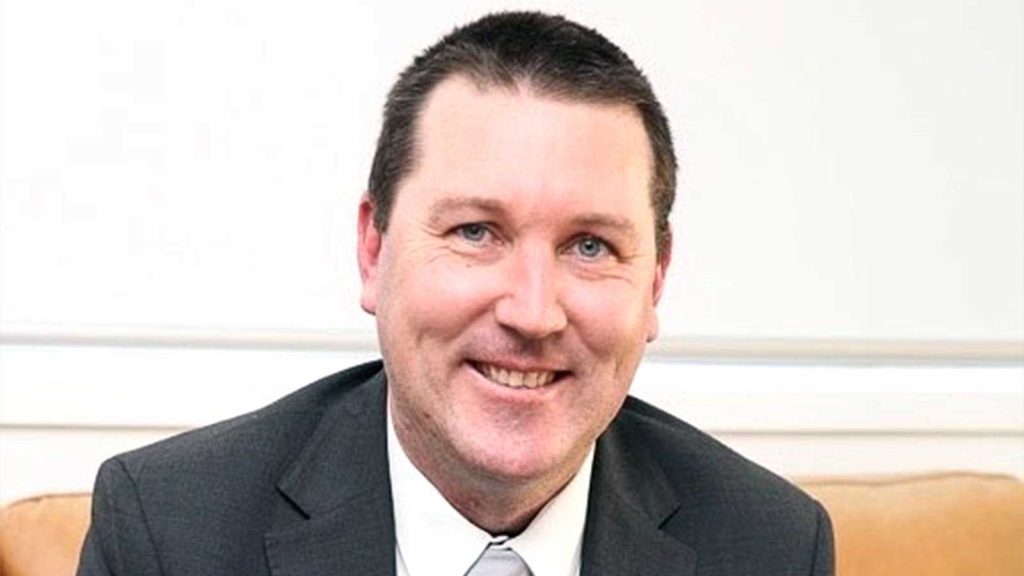Advocates, Women in Super, reframe neurodiversity
More diverse organisations have consistently outperformed those that are less diverse. But neurodiversity is still largely an unknown quantity in many of them.
The term “neurodiversity” was first coined by researcher Julie Singer in the late 90s, and popularized by journalist Harvey Bloom. It holds that there is simply “a diversity of human minds and ways of thinking”, and can refer to a number of conditions – including autism, ADHD, dyslexia, and mental illnesses.
“The brain is a complex organ and it develops through a continuing interaction with its environment and its experiences,” Gerard Atkinson, senior manager at ARTD Consultants and chair of Reframing Autism, told an event hosted by Women in Super’s NSW chapter on Thursday (April 7).

“It’s a biological fact that everybody’s brain is different from each other as a result of that. Let’s not think of it as an ideology, or an approach: it’s just an undeniable aspect of the rich tapestry of biodiversity that defines the human species.”
Neurodiverse people have historically been denied the employment opportunities afforded neurotypical people for reasons stemming from their condition. 31.6 per cent of working age autistic people are unemployed, three times the unemployment rate for people with a disability. One in five who have been employed have reported losing their job because they autism or have “displayed autistic behaviour or traits” – a number that Atkinson includes himself in.
“These are people with university degrees, people with training who have worked hard in formal settings and on their own, learning and wanting to go out in the workforce,” Atkinson said. “Even when they get to the workforce, they’re underemployed – doing something that’s beneath their ability. That’s not good for people’s wellbeing, and it’s not good for retention.”
“This story repeats itself throughout different neurodivergences, and this gap – even though people have tried to address it in the past few years – is still persisting. What’s really frustrating is that neurodivergent people are great employees, and great entrepreneurs.”
That’s for several reasons, Atkinson says. Neurodivergent people are “orthogonal thinkers” – a concept that sounds abstract, but basically means they think differently.
“It can spur innovation and unexpected solutions; we’re always out in left field, saying “what if we make this connection over here, or think about this idea?”,” Atkinson said. “It’s really great for problem solving… It’s really cool from a business perspective, because if you have somebody who can look at your processes, your forms, your user interface, and say “Hey – I think I just broke this”, you can build it better. And when you build it better, it’s better for everyone.”
Atkinson says they also bring clear communication to the table – “they’re blunt, honest to the point of pain” – a boon in an era when the office environment has become notorious for unproductive jargon and buzzwords that never really address the issue at hand.
“What autistic people epitomize is clean communication. It’s the idea that communication has no negative charge; no attack, no blame, no lies, no manipulation. It’s the foundation of productive relationships, and the foundation of high performing teams,” Atkinson said. “As provocative as it can be to be on the receiving end of literal and truthful communication, please know that it’s very rarely delivered with aggressive intent.”
The third factor is “monotropism” – or what Atkinson calls “monotasking”.
“We latch on to one idea and we go at it. We focus… we can put ourselves in the “flow state” pretty well when we want to,” Atkinson said. “There’s the core thing: when we want to. If we’re motivated and incentivised to do something, we will get into that; we will lock in and do an absolutely great job.”
“It comes at a cost. If we get distracted, it can take a bit of time to get ourselves out of that one-track mindset. We can be a bit irritated sometimes, and it can be trouble to refocus on something else too quickly.”
While large organisations are starting to get behind neurodiversity in a big way, a lot of the information they’re getting and sharing “can sometimes be the wrong information”, and that feeds into challenges for neurodivergent people in that workplace. As Atkinson said: “Nothing about us without us.”
“How can we fix that? I think a big thing is really getting around the community,” said Will Wheeler, founder of Neurodiversity Academy, during the following panel session. “We’ve got companies like Xceptional, Reframing Autism, doing fantastic things. They’re really highly regarded within the community.”

“So you when you want to find out information, really getting down and finding out who the leaders in the community are, they’ll give you the proper information rather than some of these really large organisations who pay some salespeople big money to give you information that can be harmful or wrong.”
Organisations need to “commit to radical honesty” about their way of doing things, according to Samantha Nuttall, founder of the Neurodivergent Coach – looking at their practices and whether they’re actually committed to diversity or whether they’re just whitewashing existing practices that essentially say “fit in this box or you’re out.”

“Don’t hire people with neurodiversity unless you’re going to take them seriously,” said Amanda Tattersall, associate professor at the University of Sydney and founder of GetUp, who has bipolar disorder and has lost a job while experiencing psychosis. “You’re the one with the resources and the capacity to make things different. Hiring somebody like me and forcing me to fit into a mold that’s going to cause pain, because the organisation will feel or look better by ticking the diversity box, is cruel.
“If people want to take this thing seriously, get your house in order. Make your space a healthy, open, powerful space and then bring people to it.”











